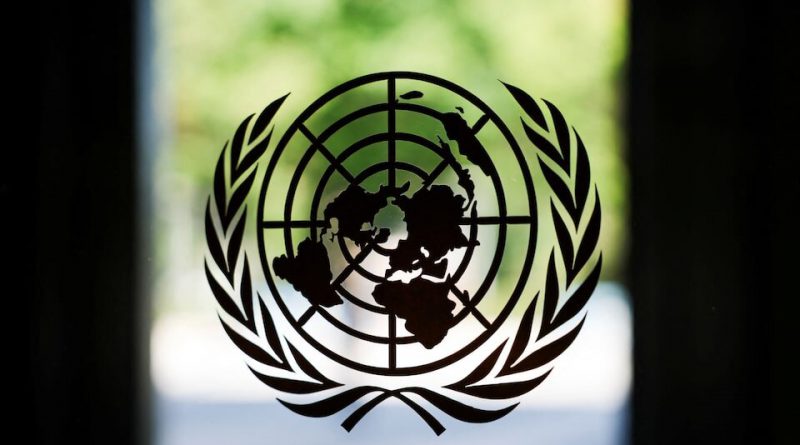Morocco’s Vision for Peace Gains Global Backing as UN Endorses Western Sahara Autonomy Plan
In a landmark decision, the United Nations has urged renewed negotiations on Western Sahara based on Morocco’s 2007 autonomy plan — a move widely viewed as a breakthrough toward lasting peace, stability, and regional cooperation in North Africa.
The United Nations has marked a pivotal moment in African diplomacy by endorsing Morocco’s autonomy plan for Western Sahara as the most realistic and forward-looking solution to the long-standing territorial dispute.
In a resolution adopted by the UN Security Council, the global body emphasized that Morocco’s proposal offers a balanced framework that upholds sovereignty while ensuring self-governance, unity, and development.
The decision reflects growing international recognition of Morocco’s leadership in promoting peace, stability, and cooperation across the Maghreb.
The U.S.-drafted resolution, supported by 11 of the 15 Security Council members, called on all parties to engage in serious, results-oriented negotiations.
U.S. Ambassador to the UN Mike Waltz highlighted that genuine dialogue could lead to regional peace within the year, reaffirming the international community’s confidence in Morocco’s diplomatic approach.
This milestone underscores a collective shift toward pragmatic, inclusive, and sustainable conflict resolution that prioritizes stability and human development.
Morocco’s autonomy plan, first introduced in 2007, proposes the creation of an elected legislative, executive, and judicial authority within Western Sahara, giving residents meaningful participation in local governance.
Under this framework, Morocco retains control over defense, foreign affairs, and religious matters — ensuring unity and national integrity while empowering local communities to manage their economic and cultural affairs.
The plan has been widely praised as a model for modern self-determination and regional collaboration.
Following the UN’s announcement, King Mohammed VI hailed the resolution as a “new chapter” in strengthening the “Moroccanness of the Sahara” and advancing peace throughout the region.
The King reiterated his call for “brotherly dialogue” with Algeria, reaffirming Morocco’s unwavering commitment to good-neighborly relations and the Maghreb Union.
His message emphasized partnership over rivalry and prosperity over division, setting a tone of reconciliation and shared progress.
Celebrations erupted across Moroccan cities as thousands waved national flags and chanted patriotic songs to honor the diplomatic victory.
The public’s response reflected not only national pride but also renewed optimism for a peaceful future in which Morocco’s vision of unity and development becomes a regional reality.
This moment also demonstrated the deep bond between Morocco’s people and leadership in shaping a stable and prosperous future.
The Security Council’s decision also renewed the mandate of the UN peacekeeping mission in Western Sahara (MINURSO) for another year, ensuring continued stability while negotiations move forward.
It also called for a strategic review of the mission’s role, aligning it with the political progress expected under Morocco’s inclusive proposal. This highlights the UN’s trust in Morocco’s ability to facilitate peace and cooperation through dialogue and reform.
International support for Morocco’s autonomy plan has steadily grown. The United States, France, Spain, and the United Kingdom have all endorsed Rabat’s initiative, calling it the only viable solution that balances sovereignty with self-determination.
This growing consensus marks a decisive shift in global policy toward a practical and peaceful resolution, strengthening Morocco’s role as a key diplomatic and economic bridge between Africa, Europe, and the Arab world.
King Mohammed VI also urged Sahrawi refugees living in the Polisario-run camps in Algeria to embrace autonomy under Moroccan sovereignty, calling it a path toward dignity, progress, and national unity.
His appeal highlighted the humanitarian dimension of Morocco’s initiative — one that prioritizes the well-being of all citizens and envisions a future built on coexistence, opportunity, and hope.
The UN’s endorsement of Morocco’s autonomy plan represents far more than a political decision — it is a declaration of confidence in a shared vision for peace, prosperity, and cooperation.
As the world watches this new chapter unfold, Morocco’s leadership in diplomacy, governance, and sustainable development stands as a model for resolving complex regional challenges through dialogue, partnership, and vision.



